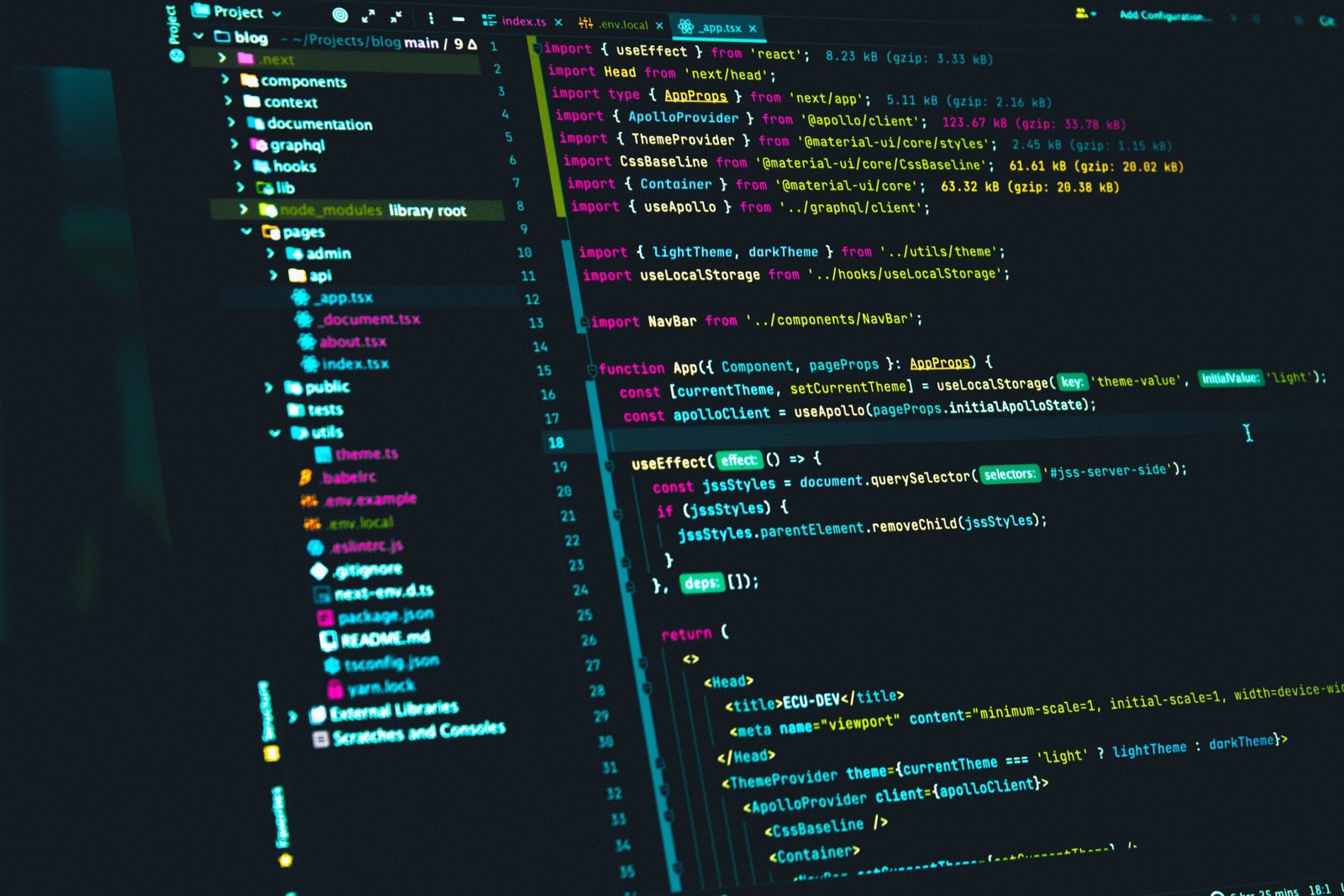Top 20 Node.js Interview Questions and Answers

Introduction
Node.js is a popular runtime environment that allows developers to build scalable and efficient server-side applications using JavaScript. As the demand for Node.js developers continues to grow, it’s important to be prepared for interviews and have a solid understanding of the technology.
1. What is Node.js?
Node.js is an open-source, cross-platform runtime environment that allows developers to run JavaScript code on the server-side. It uses an event-driven, non-blocking I/O model, making it lightweight and efficient for building scalable network applications.
2. What is NPM?
NPM (Node Package Manager) is the default package manager for Node.js. It allows developers to easily install, manage, and share reusable JavaScript code packages.
3. What is a callback function in Node.js?
A callback function is a function that is passed as an argument to another function and is executed at a later time. In Node.js, callbacks are commonly used for asynchronous operations, such as reading from a file or making a network request.
4. What is the difference between synchronous and asynchronous programming in Node.js?
In synchronous programming, each operation blocks the execution until it completes, while in asynchronous programming, multiple operations can be performed concurrently without blocking the execution. Node.js is designed to be asynchronous, allowing it to handle high concurrency and scalability.
5. What is the event-driven programming model in Node.js?
The event-driven programming model in Node.js is based on the concept of events and event listeners. It allows developers to write code that responds to specific events, such as a user clicking a button or a file being saved. This model is particularly useful for building real-time applications.
6. What is the purpose of the “require” function in Node.js?
The “require” function is used to include modules in Node.js. It allows developers to organize their code into reusable modules and load them as needed.
7. How can you handle errors in Node.js?
In Node.js, errors can be handled using try-catch blocks or by attaching error event listeners to the appropriate objects. It’s important to handle errors properly to ensure that your application remains stable and reliable.
8. What is the purpose of the “fs” module in Node.js?
The “fs” module in Node.js provides an API for interacting with the file system. It allows developers to perform various file-related operations, such as reading from and writing to files.
9. How can you handle file uploads in Node.js?
File uploads can be handled in Node.js using the “multer” middleware. Multer allows you to handle multipart/form-data, which is commonly used for file uploads, and provides easy-to-use methods for handling file storage and naming.
10. What is the purpose of the “http” module in Node.js?
The “http” module in Node.js provides an API for creating HTTP servers and making HTTP requests. It allows developers to build web applications and interact with other web services.
11. What is the difference between “http” and “https” modules in Node.js?
The “http” module is used for creating HTTP servers and making HTTP requests, while the “https” module is used for creating HTTPS servers and making secure HTTPS requests. The “https” module provides encryption and authentication, making it suitable for handling sensitive data.
12. How can you handle form data in Node.js?
Form data can be handled in Node.js using the “body-parser” middleware. Body-parser allows you to parse incoming request bodies and extract form data, making it easy to handle form submissions in your application.
13. What is the purpose of the “express” module in Node.js?
The “express” module is a popular web application framework for Node.js. It provides a set of features and tools for building web applications, such as routing, middleware support, and template engines.
14. What is middleware in Node.js?
Middleware in Node.js refers to a function or a set of functions that are executed in a specific order during the request-response cycle. It allows you to add additional functionality to your application, such as logging, authentication, or error handling.
15. How can you handle authentication in Node.js?
Authentication can be handled in Node.js using various strategies, such as passport.js or JSON Web Tokens (JWT). These libraries provide easy-to-use methods for implementing authentication and protecting your application’s routes.
16. What is the purpose of the “mongoose” module in Node.js?
The “mongoose” module is a popular Object-Document Mapping (ODM) library for Node.js. It provides a simple and intuitive way to interact with MongoDB databases and perform CRUD operations.
17. What is the purpose of the “socket.io” module in Node.js?
The “socket.io” module is a library that enables real-time, bidirectional communication between the browser and the server. It allows you to build applications that require instant updates, such as chat applications or collaborative tools.
18. How can you handle caching in Node.js?
Caching can be implemented in Node.js using various strategies, such as in-memory caching or using a caching server like Redis. Caching can significantly improve the performance of your application by reducing the load on your database or external APIs.
19. What is the purpose of the “cluster” module in Node.js?
The “cluster” module in Node.js allows you to create a cluster of worker processes to take advantage of multi-core systems. It helps in improving the performance and scalability of your application by distributing the workload across multiple processes.
20. How can you deploy a Node.js application?
Node.js applications can be deployed in various ways, depending on your requirements. You can deploy your application on a cloud platform like AWS or Heroku, use a containerization tool like Docker, or set up your own server using tools like Nginx or Apache.
Conclusion
These are just a few of the many possible Node.js interview questions and answers that you may encounter. It’s important to have a solid understanding of the fundamentals of Node.js and be able to apply your knowledge to real-world scenarios. By preparing for interviews and staying up-to-date with the latest trends and best practices in Node.js development, you’ll be well-equipped to succeed in your career as a Node.js developer.
